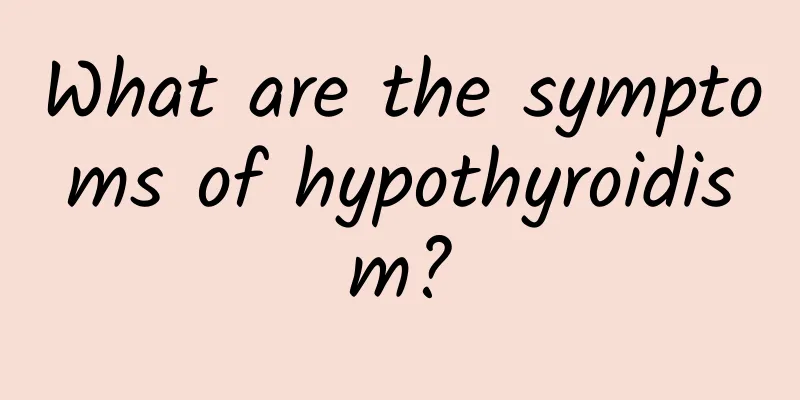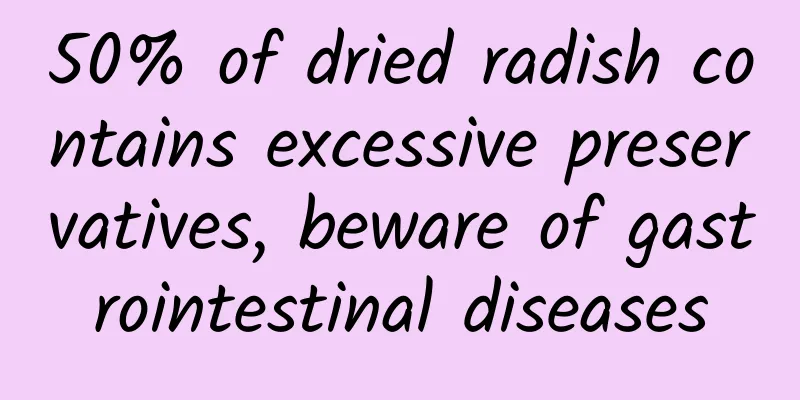What are the symptoms of hypothyroidism?

|
Hypothyroidism, also known as hypothyroidism, is a common endocrine disease characterized by insufficient secretion of thyroid hormones. The symptoms of hypothyroidism can be said to be varied, but the most typical one is a slowdown in body metabolism. You may feel that you are always listless and lack energy, like a mobile phone that needs to be charged but always has insufficient power. Also, weight gain is inexplicable, even though there are no obvious changes in diet and exercise. Let’s take a closer look at other symptoms of hypothyroidism. Many people with hypothyroidism feel cold and uncomfortable, even in a warm environment, and their hands and feet may be cold due to the slowed metabolism. The skin becomes dry and rough, and the hair tends to dry out and fall out, as if there is a problem with the body’s moisturizing system. Hypothyroidism can also affect mood and memory, causing depression, anxiety, or difficulty concentrating, as if the brain is covered with a layer of fog. The impact of low thyroid on the cardiovascular system cannot be ignored. Slow heartbeat, lower blood pressure, and even heart problems may occur. The digestive system is also affected, and constipation becomes one of the common problems. Female patients may also experience irregular menstruation, which affects fertility. It can be said that the symptoms of low thyroid involve almost every system in the body, so it is no wonder that it is sometimes mistaken for other diseases. If you suspect you have symptoms of hypothyroidism, it is important to see your doctor promptly. Your doctor will usually confirm the diagnosis with a blood test to measure levels of thyroid hormone and thyroid-stimulating hormone. The good news is that hypothyroidism can be treated with thyroid hormone medication to help restore normal metabolic function. In daily life, maintaining a healthy diet and lifestyle can also help alleviate the symptoms of hypothyroidism. Eating more iodine-rich foods, such as kelp and seaweed, can help maintain thyroid function. At the same time, moderate exercise can not only improve metabolism, but also help regulate mood. Understanding the symptoms and characteristics of hypothyroidism is an important step for us to pay attention to our own health. Only by taking timely measures can we better manage and improve this condition. |
<<: What does amenorrhea mean?
>>: How to reduce Bartholin's gland cyst
Recommend
Women should understand the typical symptoms of ectopic pregnancy
Women often have ectopic pregnancies, which are v...
What are the symptoms of perimenopausal syndrome
The main symptoms of perimenopausal syndrome are:...
What harm does pelvic inflammatory disease do to women's bodies?
Pelvic inflammatory disease is a common gynecolog...
What should patients with cervicitis pay attention to in their diet
Cervicitis is a common disease among women of chi...
Vulvar infection and inflammatory irritation can cause vulvar leukoplakia
Vulvar leukoplakia refers to localized or diffuse...
Can I get pregnant with an ovarian cyst?
Whether or not a patient with an ovarian cyst can...
What are the symptoms of candidal vaginitis?
Candida vaginitis is also a type of vaginitis. Pe...
90% of Chinese people don’t get enough dietary fiber ~ 3 dietary principles can help you reach the target quickly!
The Chinese people do not consume enough dietary ...
What are the symptoms and phenomena of female cervicitis? There are 4 abnormal conditions of female cervicitis.
The cervix has a great impact on female friends, ...
How can women avoid adnexitis?
How to prevent adnexitis? In the early stage of a...
Too fat to breathe? Gastric bypass surgery to lose weight and survive
Losing weight can not only get rid of excess fat,...
Preventing adnexitis starts with enhancing your own immunity
Prevention of adnexitis is a topic of great conce...
What are the main symptoms of vulvar leukoplakia?
I don't know how much female friends know abo...
What are the hazards of pregnancy with uterine fibroids? What are the effects of pregnancy with uterine fibroids on pregnancy
Menstrual changes, if your normal menstrual cycle...
Brief analysis of the causes of dysmenorrhea in girls
When it comes to dysmenorrhea in girls, many fema...









